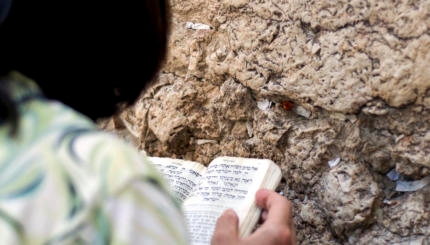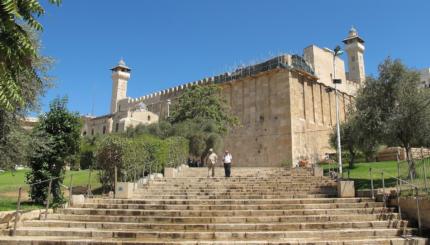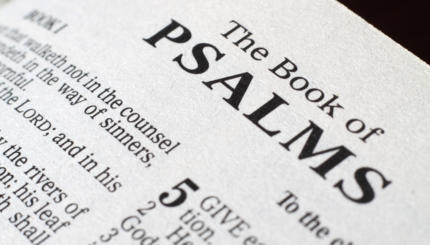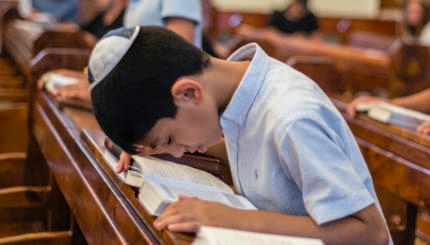Prayer Musings
Penitence and Prayer in the Amidah
Two blessings said every day invoke the High Holiday mood of returning to God.
Why We Start the Amidah By Blessing the Patriarchs
Opening this primary prayer by invoking our ancestors emphasizes that our relationships with our parents is a model for our relationship with God.
Psalm 90: Counting Our Days Rightly
The capacity to resist the injustice of the world is present with us every day.
Kedushah: Praising God Like Angels
This prayer recited during the Amidah is a bit of an outlier in the liturgy.
Ahavah Rabbah: God’s Boundless Love
This blessing, recited prior to the Shema, asserts that God's love for us is expressed by the commandments.
Yishtabach: What Lies In Prayer’s Wake
A Hasidic teaching offers a way to understand this prayer that seems to suggest our words of divine praise are inherently insufficient.
‘All That Lives Shall Bless Your Name’
This Nishmat Kol Chai benediction is said at the transition between our preparatory prayers and core elements of the morning service.
Mah Tovu: Seeking the Good
This biblical verse, traditionally recited as one enters a synagogue, has a challenging provenance.
Az Yashir: From Praise to Service
This climactic prayer of Pesukei d'Zimrah leads us to where genuine expressions of divine praise inevitably must: to service of God.
Modim: A Prayer for Acceptance
This section of the Amidah is understood as one of thanks, but that's not the only way to read it.
How Blessing Children on Shabbat Models Unconditional Love
Like the paradigmatic blessing for rain, the Shabbat practice of blessing children offers the gift of love in exchange for nothing.
V’shamru: Guarding the Divine Convenant
This Shabbat prayer is a reminder that the Sabbath is a sign of the enduring covenant between God and the Jewish people.











